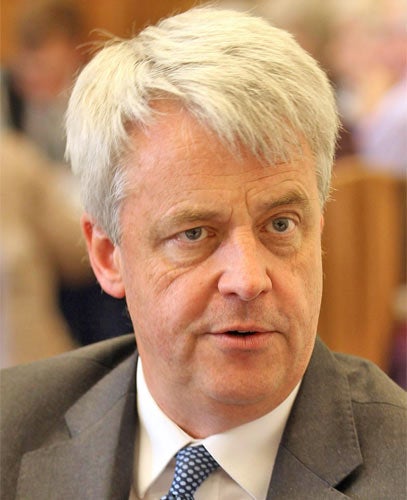Planned GP consortia could lead to chaos – and top-down diktats
Critics argue that any Bill that emerged from the inevitable bartering now underway would be unworkable

Your support helps us to tell the story
From reproductive rights to climate change to Big Tech, The Independent is on the ground when the story is developing. Whether it's investigating the financials of Elon Musk's pro-Trump PAC or producing our latest documentary, 'The A Word', which shines a light on the American women fighting for reproductive rights, we know how important it is to parse out the facts from the messaging.
At such a critical moment in US history, we need reporters on the ground. Your donation allows us to keep sending journalists to speak to both sides of the story.
The Independent is trusted by Americans across the entire political spectrum. And unlike many other quality news outlets, we choose not to lock Americans out of our reporting and analysis with paywalls. We believe quality journalism should be available to everyone, paid for by those who can afford it.
Your support makes all the difference.The modernisation of the NHS is in danger of being put into reverse by the Coalition government's plans for reform, a leading think-tank warns today.
Weaknesses in the governance arrangements for GP consortia, which will be responsible for £60 billion of public money, risk undermining ministers' aims of reducing top-down management by leaving the NHS Commissioning Board to intervene where there are concerns over performance, the Kings Fund, the health policy think- tank, says. Scaling back the role of the regulator, Monitor, in overseeing NHS Foundation Trusts could also lead to "reductions in the quality and efficiency of hospital services", it adds.
The submission is among the last of a flood of responses during the Government's two-month pause on the NHS reforms, which came to an end yesterday. Many of the opinions expressed make contradictory demands, leaving the NHS Future Forum, set up to advise the Coalition government on the way forward, facing a formidable task.
Calls to ditch the Health and Social Care Bill have grown as the prospects of consensus have receded. Critics argue that any Bill that emerged from the inevitable bartering now underway would be so bound by conflicting requirements as to be unworkable.
Nick Clegg, the Liberal Democrat leader, declared last week that the pace of reform would be slowed down, commissioning by GPs would be phased in and the opening up of services to private-sector competition should only happen where there was a set NHS price, to prevent cherry-picking.
Mr Clegg appeared to side with the British Medical Association which urged the Government to make the prime role of Monitor, the new economic regulator, the promotion of collaboration rather than competition, a view also expressed by Professor Steve Field, chair of the NHS Future Forum, who was quoted saying the plan to compel hospitals to compete for patients and income would be "de-stabilising" and "could destroy key services".
Yet Reform, the pro-market think-tank, said in its response that the Government "must keep competition at the heart of the bill". And in a remark that infuriated the Liberal Democrat peer Shirley Williams, Mark Britnell, a member of the kitchen cabinet appointed to advise the Prime Minister on the reforms – and formerly a senior NHS executive now with management consultants KPMG – was reported to have told a conference of private-sector executives last October that the reforms would show "no mercy" to the NHS and offer a "big opportunity to the private sector".
The Liberal Democrats, smarting from their rout in the local council elections, have sharpened their opposition to the Bill, after initially backing it, as Mr Clegg has sought to portray himself as a true defender of the NHS.
But David Cameron has executed the most striking U-turn by personally launching the white paper last year which spoke of the need for "challenging and far-reaching reforms which will drive cultural change in the NHS" and then declaring two weeks ago that "our NHS will be much like what we have today". Which has left many asking: why then the need for this costly bureaucratic revolution?
Join our commenting forum
Join thought-provoking conversations, follow other Independent readers and see their replies
Comments